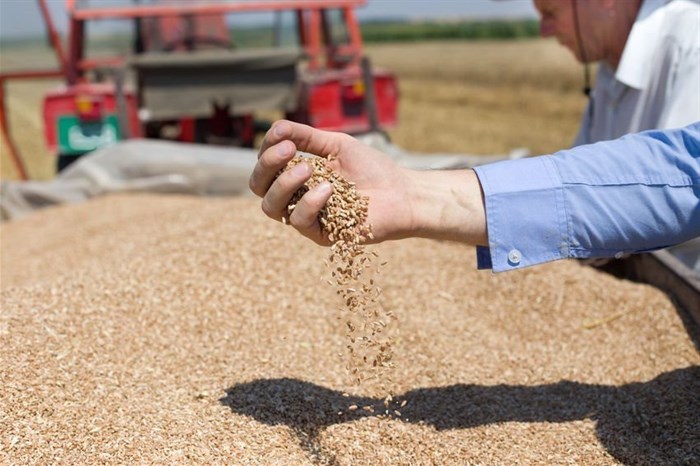
Related
Top stories






More news














High administration costs are a well-documented crop insurance issue, which can be partly mitigated by requiring minimum-sized policies in given areas covered.
However, minimum size requirements could negatively impact smaller and emerging farmers, who may be excluded from policies. On the other hand, relaxing such limitations will inevitably contribute towards increasing admin costs per policy and, thus, contribute towards rising premium costs.
As for overall premium costs, the South African agricultural insurance market is often considered expensive. Two factors mainly drive this perception: firstly, the belief that South Africa is a high-risk environment. Secondly, a need for premium subsidies.
To understand the widespread perception that South Africa is a uniquely high-risk climate environment, raise the subject at your next braai event with farmers, agri-financiers and input suppliers. You will very quickly be told all about the high-risk nature of the South African climate.
For this article, let’s say other parts of the world also have very erratic climates. When considering the long-term national yield data, there is no question that despite the consensus about a very negative high-risk environment, there is a constant increase in national yields. Settling the matter definitively is probably a matter for a different article.
What is not subjective is the total lack of government support towards the insurance industry in terms of subsidising or reducing the premium costs to clients. This was clearly stated in the World Bank report by Mahul and Stutley in 2010.
The research indicated that "Premium subsidy programs are offered mainly under MPCI or area-yield insurance (a major exception is South Africa, which offers nonsubsidised MPCI to individual farmers)." The report goes on to specify that “South Africa is the only country with unsubsidised MPCI."
The report’s international case studies for developing insurance solutions for small-scale production clients are instructive and locally relevant.
The high-risk nature of the climate, lack of government support, and high institutional costs, amongst other factors, result in high crop insurance premiums for small- and large-scale farmers. This, in turn, contributes to low levels of participation from the sector.
Solving the problem, however, is far outside the scope of a 600-word article, and even at 6,000 or 60,000 words, the perfect solution will probably remain elusive. What is clear is that a comprehensive solution will probably never be a standalone insurance product but rather a multi-institutional approach.
On a more positive note, there is a resurgence of optimism relating to value chain finance or the more recent trend of blended finance. This solution would likely come from multi-institutional contributions. Even if an insurance company could relax minimum size requirements and absorb some of the administrative costs, the main cost of the risk premium itself would still be payable and likely still unaffordable for the small-scale farmer.
Furthermore, there would be issues of lack of long-term historical yield data and questions about ensuring that acceptable farming practices adhere to prevent policy cancellations due to bad farming practices.
These challenges would likely have to be solved by the technical services of input suppliers. High premiums could be subsidised by some of the country's many empowerment and development initiatives. Institutions like the Land Bank should be willing to finance such policies, despite the need for more traditional security.
When considering the potential contributions each player within the value chain can contribute towards small-scale farmers, a multi-institutional approach is a viable option.
Wouldn’t it be exciting if, in the future, we could look back and say this article might have inspired a call to start a multi-participant discussion to design a pilot project for delivering a comprehensive project mitigating all the various challenges facing small-scale farmers, including the insurance contribution? Let's start the talk to start the growth.